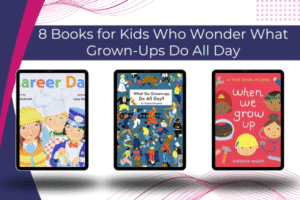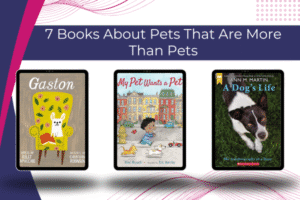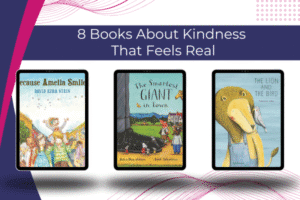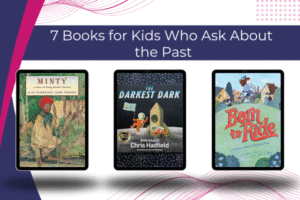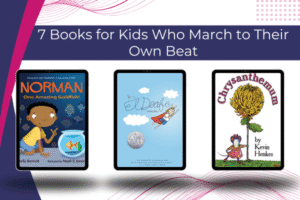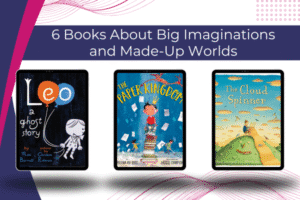Hey there! If your child is constantly gazing at the stars, asking about planets, or dreaming of becoming an astronaut, you’re not alone. Many parents and teachers find it challenging to satisfy the curiosity of young space enthusiasts. Fortunately, there’s a universe of children’s books that can feed their fascination with space, planets, and stars. These books not only answer their burning questions but also ignite a lifelong love for astronomy and science.
Here are 10 stellar books that are perfect for young readers eager to explore the cosmos:

1. 8 Little Planets by Chris Ferrie
This delightful board book introduces each planet in our solar system with fun rhymes and vibrant illustrations. It’s a cheerful journey that personifies the planets, making it engaging for toddlers and preschoolers. Each page gives a quirky personality to a planet, helping young readers connect through humor and rhythm. The colorful artwork and sturdy pages make it perfect for little hands to explore again and again.

2. National Geographic Little Kids First Big Book of Space by Catherine D. Hughes
Packed with colorful photographs and simple text, this book explores the solar system, stars, galaxies, and more. It’s designed for young readers, making complex concepts accessible and exciting. With short sections, fun facts, and interactive questions, it encourages kids to think and ask more about the universe. It’s a favorite for curious children who love learning through real images and easy explanations.
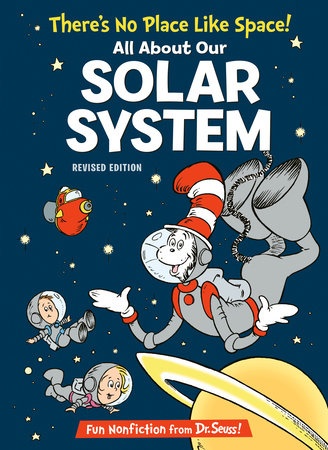
3. There’s No Place Like Space: All About Our Solar System by Tish Rabe
Join the Cat in the Hat on a rhyming tour of the solar system. This book combines Dr. Seuss’s charm with factual information, making learning about space fun and memorable. Each planet is introduced with playful verses and colorful illustrations that help kids retain the facts in an entertaining way. It’s a great bridge between storytime and science for early learners.

4. The Magic School Bus Lost in the Solar System by Joanna Cole
Ms. Frizzle takes her class on an out-of-this-world field trip through the solar system. This adventurous story blends fiction with science, offering readers an entertaining way to learn about planets and space travel. Each stop on the trip is filled with facts, illustrations, and questions that spark curiosity. Kids will love the mix of excitement and discovery, especially if they already enjoy the Magic School Bus series.

5. Hello, World! Solar System by Jill McDonald
Aimed at toddlers and preschoolers, this book introduces the solar system with simple text and bright illustrations. It’s an excellent first book for little ones showing an interest in space. The language is friendly and inviting, and the visuals help reinforce early learning of shapes, colors, and names of planets. Parents will appreciate how easily it fits into a bedtime or read-aloud routine.
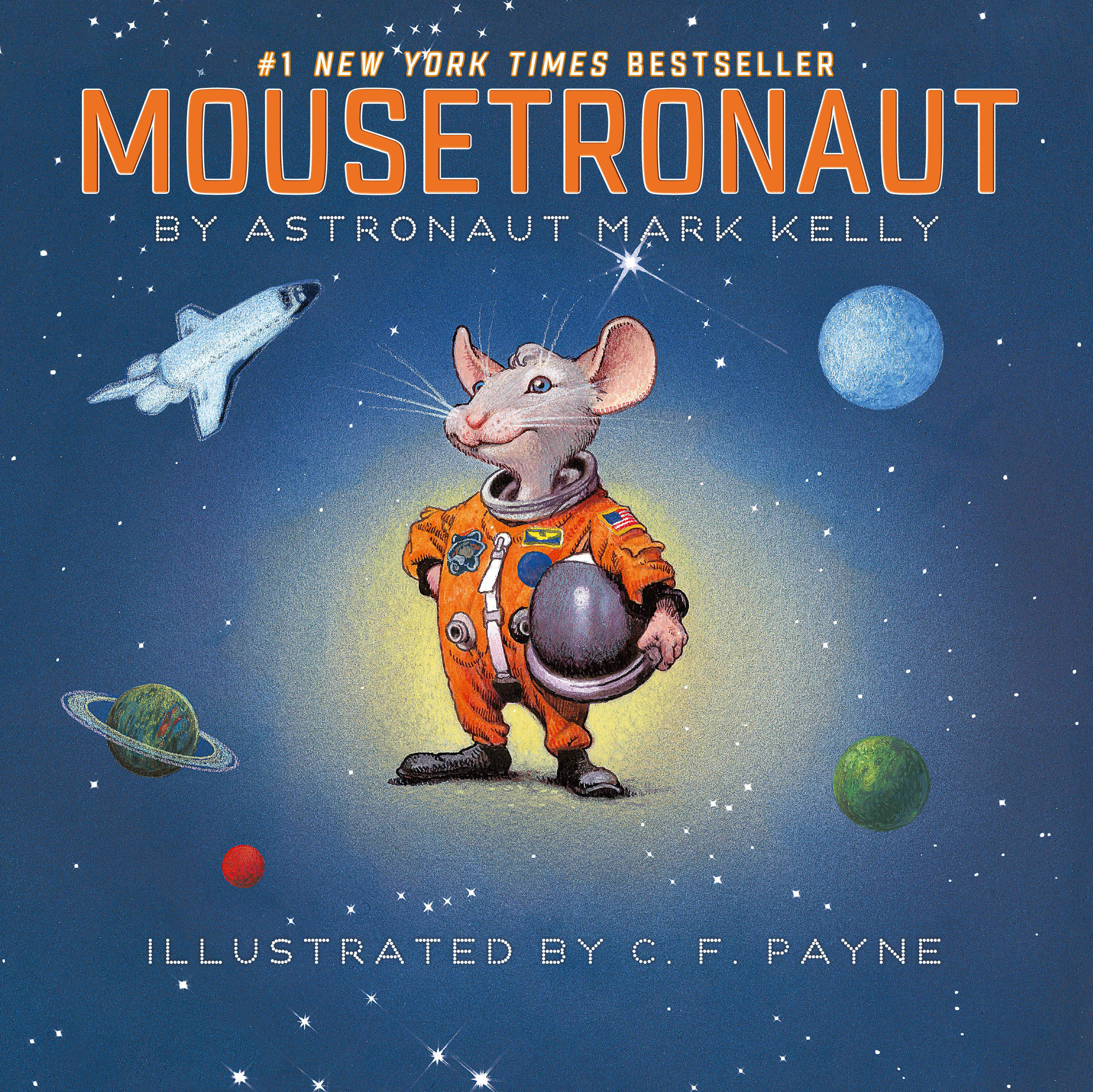
6. Mousetronaut by Mark Kelly
Written by real-life astronaut Mark Kelly, this charming story follows a small mouse named Meteor who dreams of joining a space mission. Though he’s much smaller than the other mice, his determination and quick thinking prove that even the tiniest astronaut can make a big difference. The story is inspired by real events and offers a gentle introduction to teamwork, perseverance, and space travel. Kids will enjoy the adventurous spirit and heartwarming message, especially knowing it comes from someone who’s actually been to space.

7. Zathura by Chris Van Allsburg
In this thrilling sequel to Jumanji, brothers Danny and Walter discover a mysterious board game that transports their house into outer space. As they navigate meteor showers, hostile aliens, and malfunctioning robots, the brothers must work together to return home safely. Chris Van Allsburg’s detailed illustrations and suspenseful narrative captivate readers, blending science fiction with themes of sibling rivalry and cooperation. Ideal for children aged 6 to 9 who enjoy adventurous tales with a cosmic twist.

8. George’s Secret Key to the Universe by Lucy & Stephen Hawking
Co-authored by renowned physicist Stephen Hawking and his daughter Lucy, this novel follows George, a curious boy who embarks on a cosmic journey through a powerful computer named Cosmos. Alongside his friends, George explores black holes, stars, and planets, all while facing challenges that blend real scientific concepts with fiction. The book includes factual explanations and illustrations, making complex topics accessible to young readers. Perfect for middle-grade students interested in science and adventure.

9. The Same Stuff as Stars by Katherine Paterson
This poignant novel centers on Angel, a young girl facing family challenges, who finds solace in the night sky. Guided by a mysterious man who teaches her about astronomy, Angel learns to navigate her difficult circumstances with hope and resilience. Katherine Paterson weaves themes of science, family, and personal growth into a compelling narrative. Suitable for readers aged 10 and up who appreciate emotionally rich stories.

10. The Tiny Star by Mem Fox
A gentle tale about the cycle of life, this book uses the metaphor of a star to explain birth, life, and death with warmth and sensitivity. Mem Fox’s simple yet profound text is accompanied by Freya Blackwood’s soft illustrations, creating a comforting story for young children. It’s an excellent resource for discussing life’s transitions with kids aged 3 to 7.
Want a FREE children’s book?
Hey! I’m B.C. Stephan the one who put this free site together for fun.
I’m also a children’s book author and I’m trying to build a community of not just parents and teachers, but also people who just love to learn about our world and want to make a positive impact.
So I would love it if you joined the newsletter.
I’ll even bribe you with a free copy of my eBook The Best Worst Day Ever… 😉


